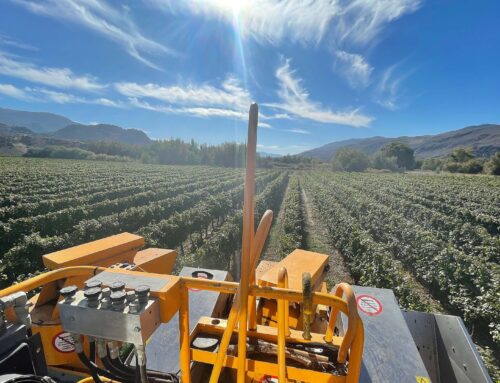What’s Next for Forest Carbon Credits? This UK Climate Tech Startup is Boosting Trust with
April 7, 2025

Space Intelligence uses satellite tech and ecological data to build trust in carbon markets and forest carbon credits.
Search
RECENT PRESS RELEASES
Related Post




